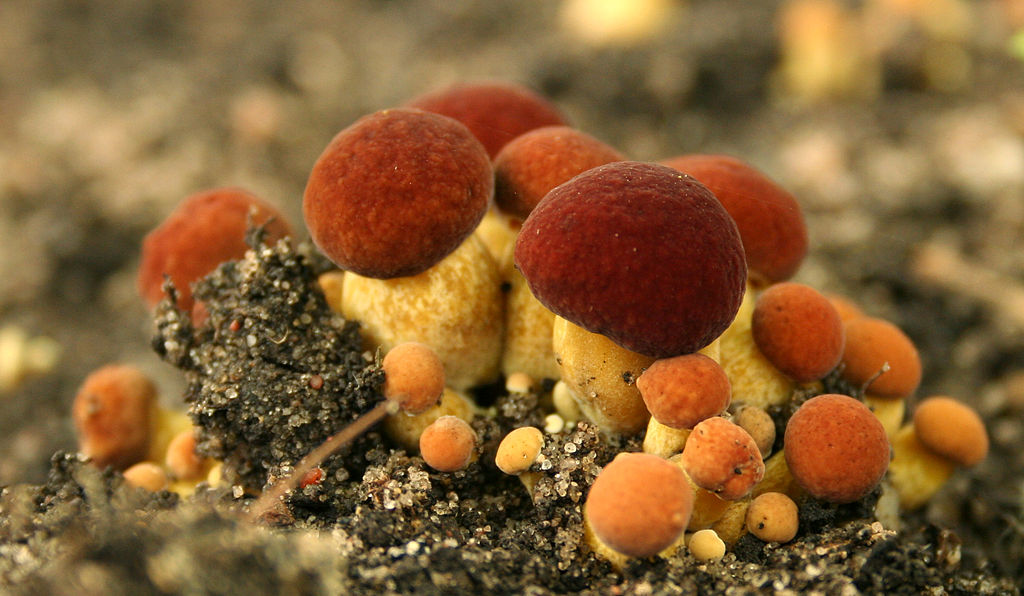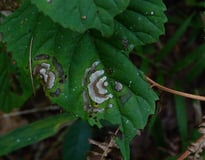 Fungi can be found throughout nature, from moldy food forgotten in the fridge to mushrooms growing in the forest. Scientists know that these diverse plethora of fungi contain useful molecules that can be used in creating new drugs, however extracting complex molecules from fungi is not an easy task and in the past has been a slow process.
Fungi can be found throughout nature, from moldy food forgotten in the fridge to mushrooms growing in the forest. Scientists know that these diverse plethora of fungi contain useful molecules that can be used in creating new drugs, however extracting complex molecules from fungi is not an easy task and in the past has been a slow process.
Tags: Fungi, Wisconsin, University of Wisconsin Madison, UW Madison, BioResearch Product Faire Event
 Getting a fungal infection is a part of life, that everyone experiences at one time or another. These types of infections range in seriousness, from athlete's foot to ringworm to histoplasmosis. Although commonly fatal, more than 1.3 million people contract fatal fungal infections each year. Currently, there are three known antifungal drugs available to fight these infections, though they are not always the most effective. (Image courtesy of L. Shyamal via Wikimedia Commons)
Getting a fungal infection is a part of life, that everyone experiences at one time or another. These types of infections range in seriousness, from athlete's foot to ringworm to histoplasmosis. Although commonly fatal, more than 1.3 million people contract fatal fungal infections each year. Currently, there are three known antifungal drugs available to fight these infections, though they are not always the most effective. (Image courtesy of L. Shyamal via Wikimedia Commons)
Tags: Fungi, New York, 2015, BioResearch Product Faire Event, NY, Stony Brook, SunySB, Fungal Infections
While today’s advancements in biotechnology suggest that there’s nothing we can’t artificially produce, sometimes there’s just no substitute for nature’s own recipes. At least, that’s the philosophy behind the University of Minnesota’s Schmidt-Dannert Lab, whose aim is to harness compounds created in natural organisms like plants and fungi that cannot be produced by chemical means. Many of these compounds have beneficial properties that can be used in further research and drug production.
For example, take chloroplasts, the organelles that perform photosynthesis inside plant cells. They provide energy to plant cells when exposed to light. Animal cells don’t have chloroplasts, which means they’re missing out on a valuable energy source. The Schmidt-Dannert Lab, led by University of Minnesota professor Claudia Schmidt-Dannert, is working toward is creating solar-powered animal cells that are more productive and produce different sorts of organic materials.
Tags: 2014, Midwest, 2013, University of Minnesota, University of Minnesota St. Paul, Fungi, Minnesota, University of Minnesota Twin Cities, BioResearch Product Faire Event, Funding, Biotechnology, Research, researchers, Minneapolis, lab, MN, Front Line, St. Paul, UMinn, UMinnSP, U-M, fight cancer

